What if I told you that everything around you, the couch you’re sitting in, the screen you’re reading, even your own thoughts, might not be real?
It’s a bit like the choice Neo faced in The Matrix (remember that movie from 1999): take the blue pill and stay in comfortable ignorance, or take the red pill and face the truth that the world we live in could be a simulation.
For most of us, it’s just a fun sci-fi idea. But for physicist Melvin Vopson at the University of Portsmouth, it’s something he’s seriously researching. He claims to have found the first real evidence that we live in a simulation.
Vopson’s not shy about the comparison to The Matrix. He even named his book Reality Reloaded, a nod to the film’s sequel. While many have thought about this idea before, Vopson says he’s got something the others didn’t: actual data.
In this article, we’re going to take that red pill and dive into the science behind his bold claim, the evidence he’s gathered, and the debate it’s stirring up in the science world.
Contents
The Idea of Living in a Simulation: It’s Older Than You Think
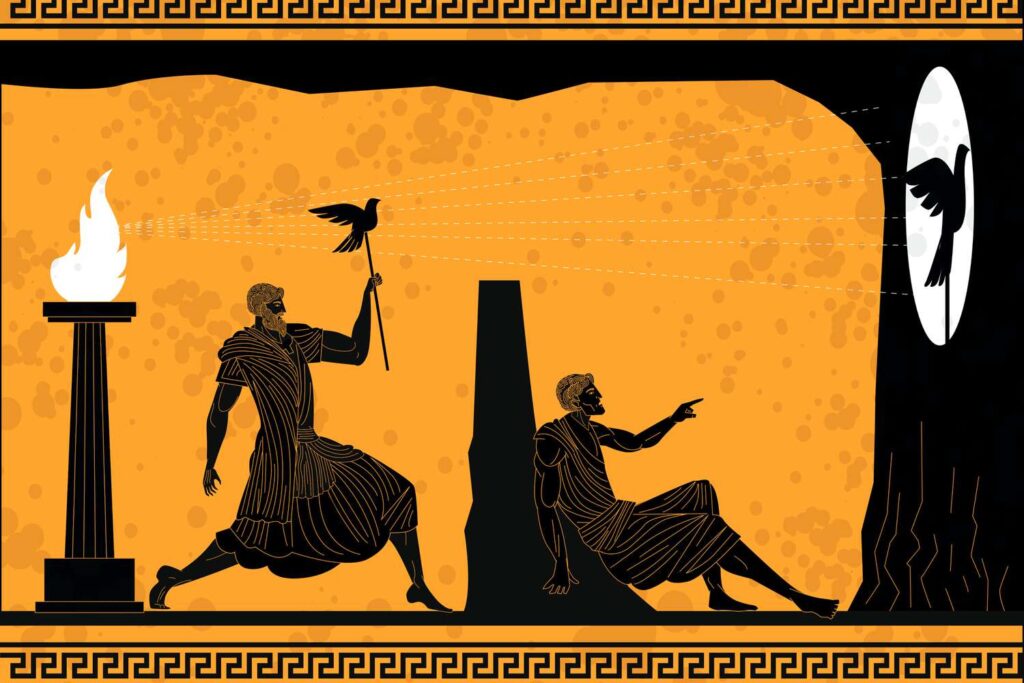
The idea that our reality might not be real goes way back. Not just to computers or science fiction, but all the way to ancient Greece.
The philosopher Plato first raised this idea in his famous “Allegory of the Cave.” In this story, prisoners are chained up their whole lives, facing a wall. They see shadows on the wall and think those shadows are the real world, not realizing there’s a much richer, true world just behind them.
Fast forward a few centuries, and philosopher René Descartes introduced the idea of an “evil demon” who might be tricking him into thinking the world outside his mind is real.
These ideas got people thinking about whether our senses can truly be trusted. How can we know if what we see and feel is actually real?
The modern version of the simulation hypothesis really took shape in 2003, when Oxford philosopher Nick Bostrom presented his idea. But instead of looking at physics, Bostrom approached it from a statistical angle. He laid out three possibilities, one of which must be true:
- Civilizations like ours often go extinct before they get advanced enough to create realistic simulations.
- Advanced civilizations lose interest in creating simulations of their past.
- We’re probably living in a computer simulation right now.
Bostrom’s argument is pretty simple. If advanced civilizations can create realistic simulations, eventually the number of simulated minds will far outnumber the “real” minds. So, if you’re conscious, statistically, you’re more likely to be one of the simulated minds than one of the originals.
Bostrom’s argument is more of a philosophical puzzle, but Melvin Vopson is taking it a step further. He’s looking for physical proof that we really are living in a simulation.
A New Law of Physics: The Second Law of Infodynamics
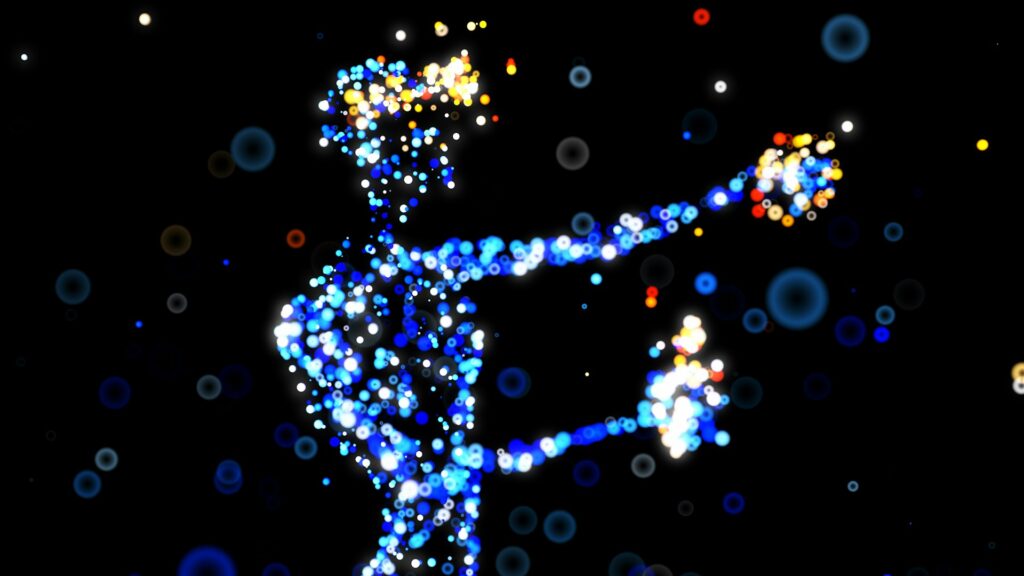
To get what Vopson is saying, we first need to understand a basic rule in physics: the second law of thermodynamics. Simply put, this law says that entropy, a fancy word for disorder, always increases over time in a closed system.
Imagine a perfectly clean bedroom. Without regular cleaning, it naturally gets messy. Or think of a drop of ink in water. It spreads out and never magically clumps back together. This increase in disorder is considered one of the universe’s unbreakable rules.
But Vopson is suggesting something totally new, a kind of opposite rule. He calls it the Second Law of Information Dynamics, or “infodynamics.” Instead of disorder in information systems growing, he says it either stays the same or actually decreases over time.
What does that mean? Basically, every system in the universe, whether it’s atoms or galaxies, is constantly working to reduce the amount of information it contains. It’s kind of like data compression on your computer, where a big file gets shrunk to take up less space. Vopson thinks the universe is naturally driven to find the most efficient, low-information state possible.
He even thinks this new law might help solve a big mystery about the universe. While the universe’s physical disorder (entropy) keeps rising, this drop in information disorder might balance things out, keeping the total entropy of the universe steady as it expands.
The Code in COVID: Vopson’s Evidence That We Live in a Simulation
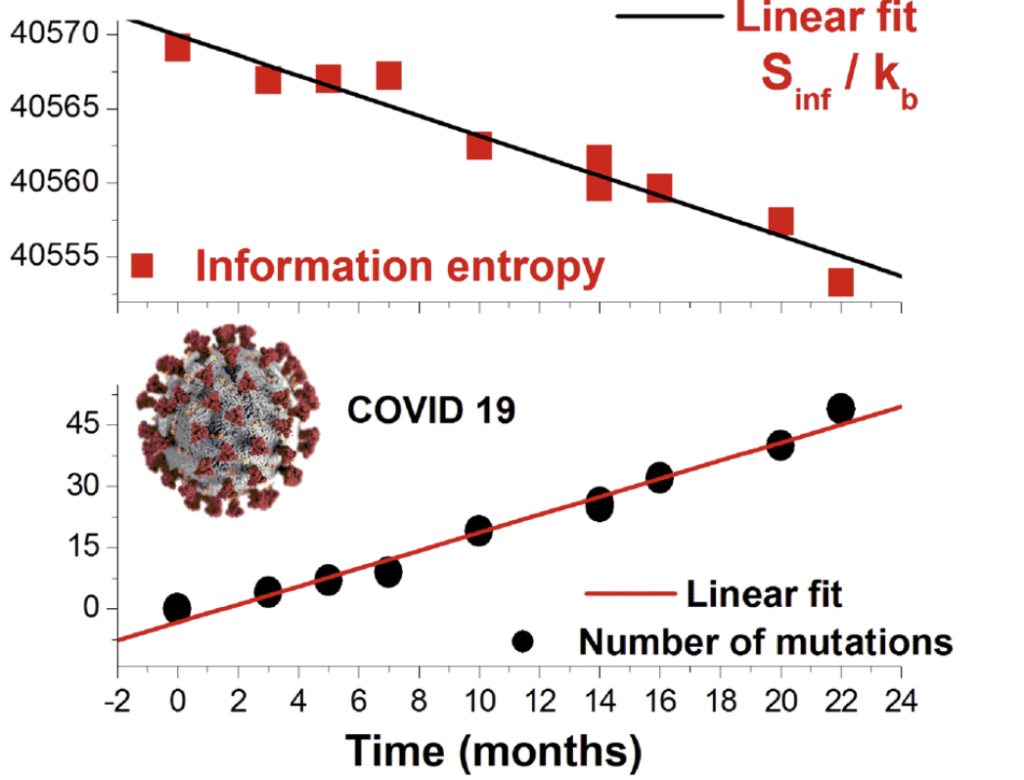
Claiming a new law of physics is a huge deal, so to back it up, Vopson looked at something that changes rapidly: the SARS-CoV-2 virus, which causes COVID-19. His findings, published in AIP Advances, are central to his argument.
Vopson and his team studied the genetic sequences of different COVID-19 variants and calculated their information entropy.
What they discovered was a consistent pattern: as the virus mutated into new variants, its overall information entropy, essentially, its disorder, decreased.
This led Vopson to a surprising conclusion that goes against what we thought we knew about biology. The widely accepted idea is that genetic mutations happen randomly, and natural selection picks the ones that help the organism survive.
But Vopson’s data suggests something different: the mutations aren’t entirely random. They seem to follow his Second Law of Infodynamics. The virus appears to prefer mutations that reduce its genetic code’s information, making it more efficient over time.
Here’s where it gets interesting for the simulation hypothesis. Why would the universe favor data compression? Vopson argues that this is exactly what you’d need in a simulated reality.
A simulation as vast and complex as ours would require insane amounts of computational power and storage.
So, a built-in system to optimize and compress data would be necessary. In the virus’s decreasing information entropy, Vopson sees a potential “cosmic compression algorithm,” a sign that we’re living in a simulation. And to him, this could be the strongest evidence yet.
Also Read: The Strange Case of the Teen Who Can Mentally Time Travel (Relive the Past and See the Future)
A Glitch in the Theory? The Scientific Pushback
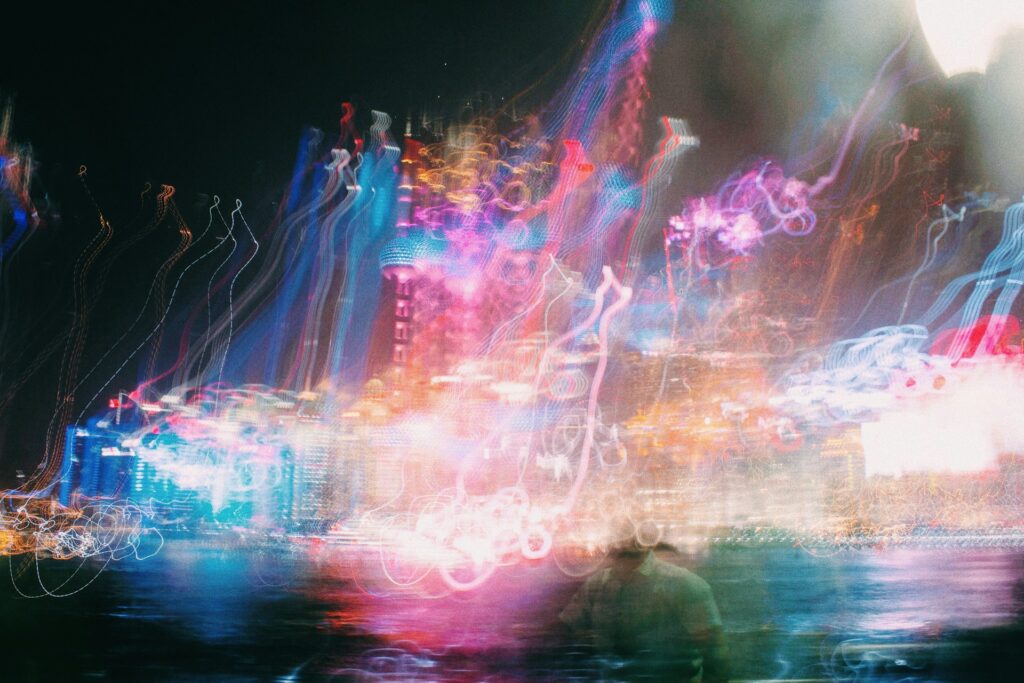
When it comes to science, big claims need big evidence, and Vopson’s ideas have certainly sparked a lot of skepticism. Many physicists and biologists believe his conclusions take an unwarranted leap.
One of the most vocal critics is physicist and science communicator Sabine Hossenfelder, who has publicly questioned both Vopson’s math and his basic understanding of information and entropy in physical systems.
The main scientific pushback comes from a principle called Occam’s Razor, which basically says the simplest explanation is usually the best one.
Critics argue that just seeing patterns of efficiency in nature doesn’t automatically mean we need to invoke a universe-creating super-civilization to explain it. Efficiency could be a natural property of systems, like evolution by natural selection, which is a kind of optimization process that favors organisms using resources in the most efficient way.
So, the trend toward simplicity in viral genomes could just be the result of known natural processes, not a hidden layer of reality. This simpler explanation is what many see as a more reasonable alternative to Vopson’s simulation hypothesis.
On top of that, the broader simulation hypothesis itself faces serious challenges. Simulating the universe in perfect detail, right down to the quantum level, could be computationally impossible.
The complexity of quantum systems is so immense that a computer capable of running a perfect simulation of the universe would probably need to be even bigger and more complicated than the universe itself.
Some critics also argue that the simulation hypothesis is unscientific because it may be unfalsifiable, meaning it could never be tested. After all, if the simulation is perfect, we might never be able to detect it.
Are We Living in a Cosmic Game?
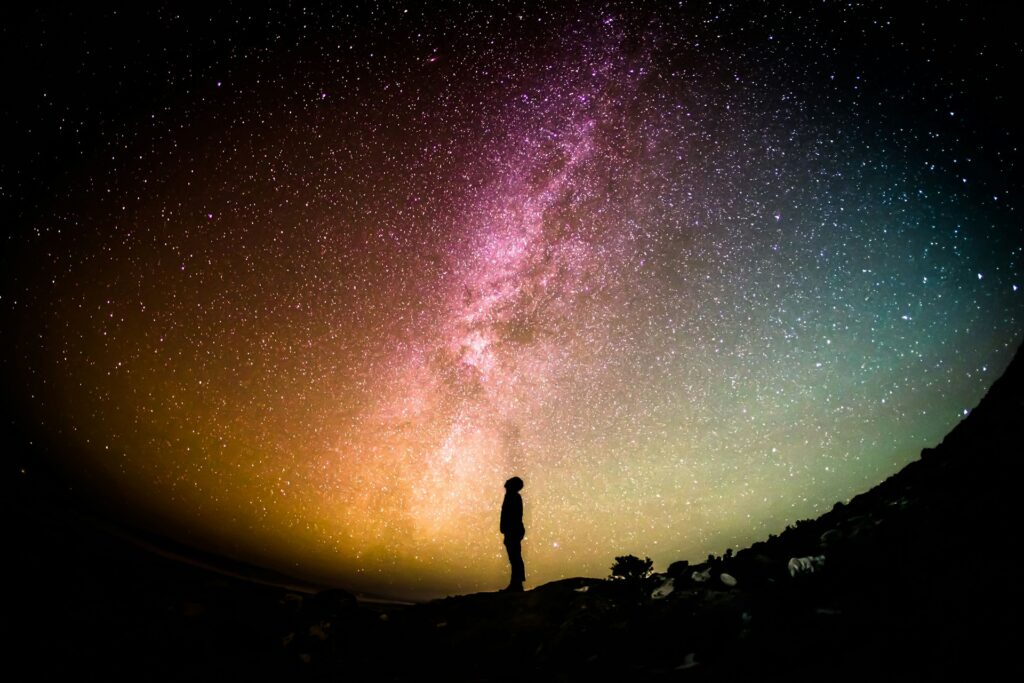
So, to recap: Physicist Melvin Vopson has proposed a new law of physics, the Second Law of Infodynamics, and presented viral mutation data as possible evidence that we’re living in a simulation.
He suggests that the universe’s natural drive for information compression could point to a computational reality designed to save resources.
But the scientific community is still skeptical. The jump from noticing patterns of efficiency in nature to concluding we’re computer programs is a big one. More traditional explanations, based on evolution and known physics, can account for these patterns without needing a simulated universe.
The age-old question Plato raised in his “Allegory of the Cave” is still unanswered.
Whether Vopson’s theory turns out to be a revolutionary breakthrough or an interesting misstep, it still serves an important purpose. His work is part of a growing field called “information physics,” which looks at information as more than just a math concept, but as a key part of reality itself.
Even if we’re not living in The Matrix, we might find that the universe is far stranger and more fascinating than we ever thought. The quest to uncover whether we live in a simulation is far from over.